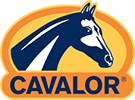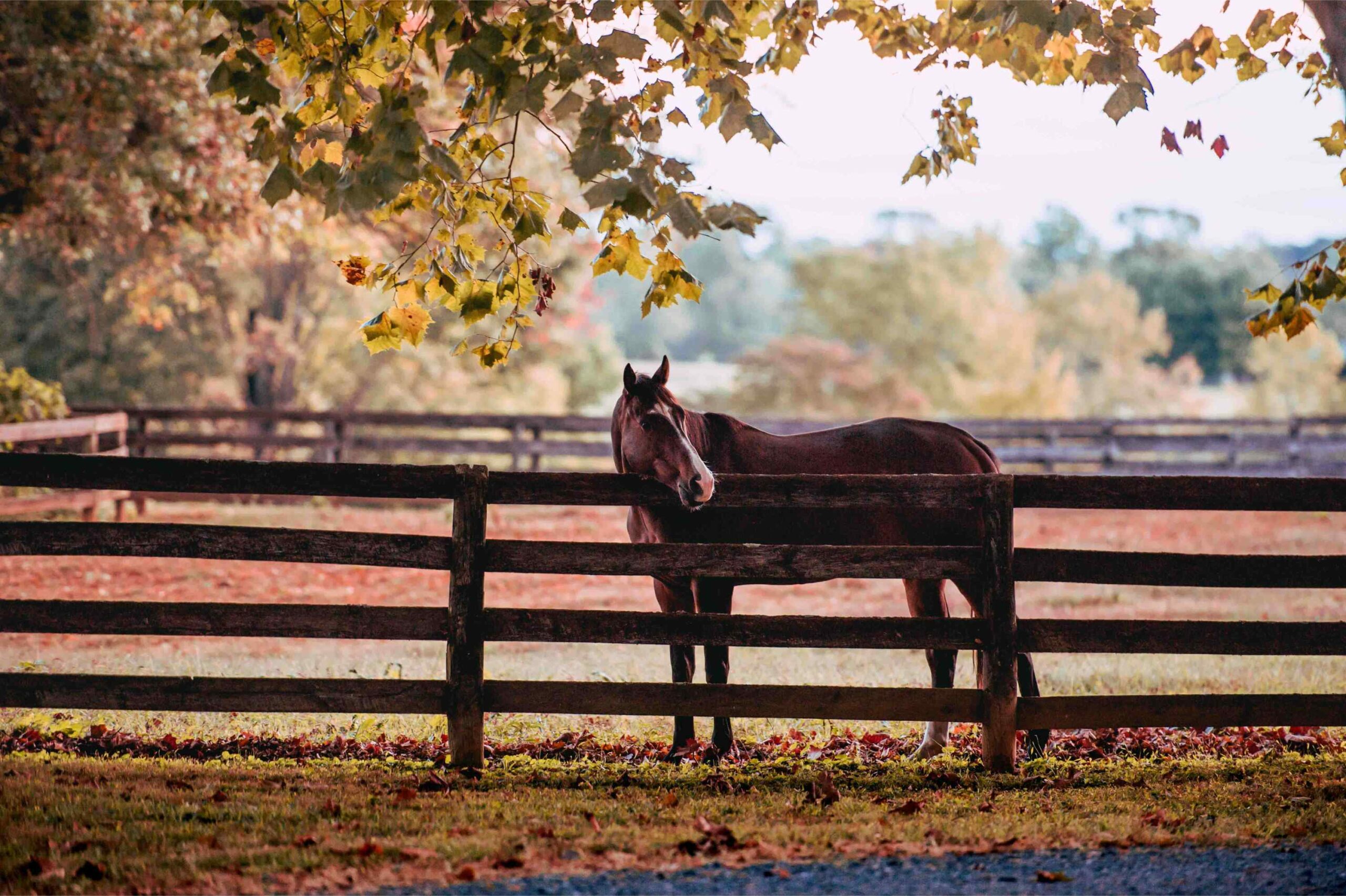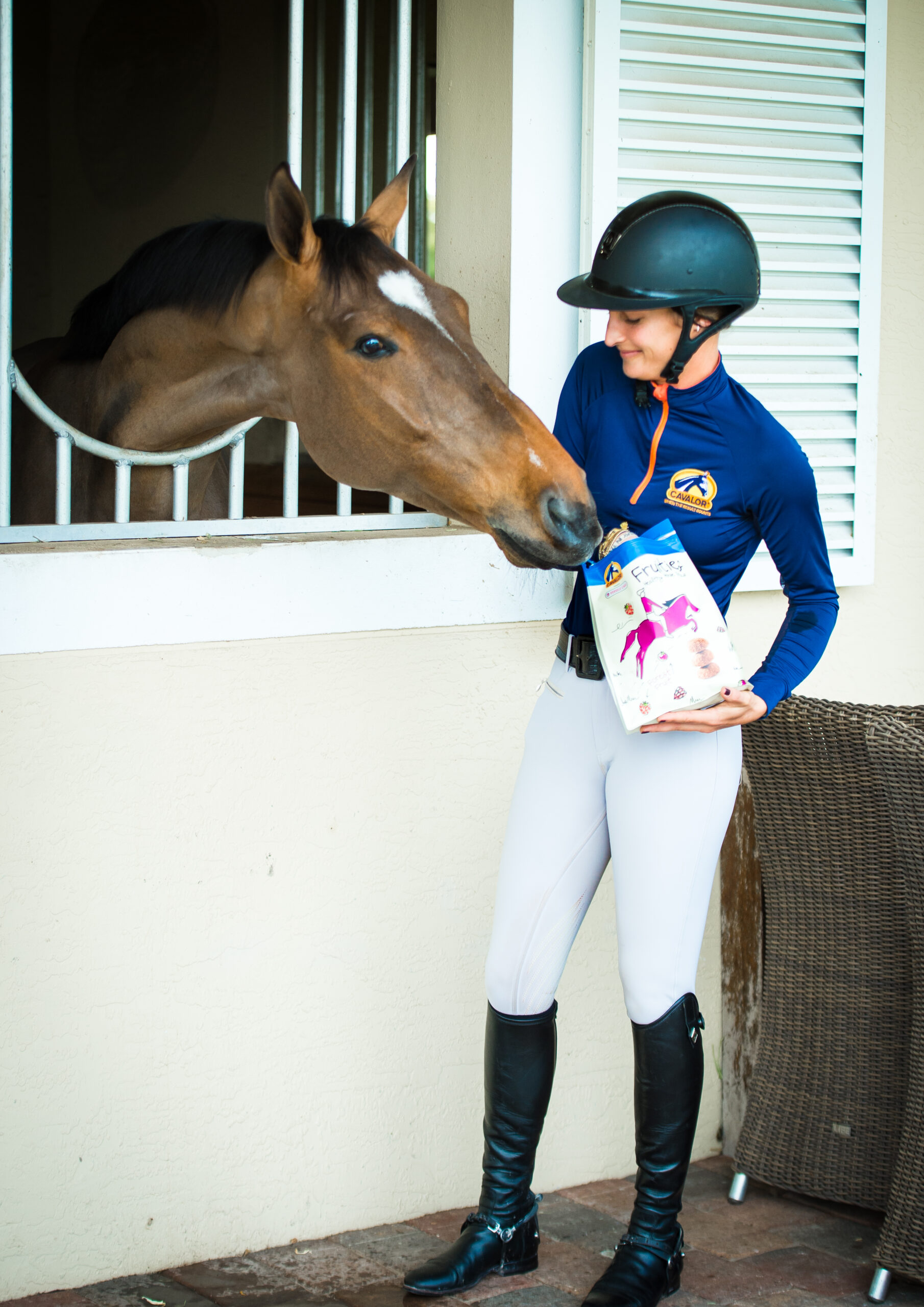Gastric ulcers don’t just occur in top sport horses; leisure horses and even foals can get them too. With good management, a lot can be done to prevent them. In this article we talk about equine gastric ulcers. We also have 5 tips for you to prevent ulcers from occurring. Prevention is always better than a cure.
Gastric ulcers are small painful wounds on the stomach wall. They are only visible during a gastroscopy, but their presence is often reflected in your horse’s behaviour. Research shows that ulcer severity is not necessarily linked to severity of symptoms – this varies from horse to horse.
The lower part of the stomach produces gastric acid constantly. Without enough fibre in the stomach, or during hard work on an empty stomach, the gastric acid can start to irritate the sensitive stomach wall and cause ulcers. The clinical signs of gastric ulcers can often be inconspicuous – loss of appetite, agitation when being girthed up’, more frequent yawning or teeth grinding, or colicky behaviour. Foals can show very vague symptoms including rolling and long periods of lying down.
How well do you know your horse?
If you are with your horse every day you understand your horse’s specific habits and behavior. Clinical signs in ulcer sensitive horses can creep up unnoticed. Horses can slowly develop reduced appetite, dull coat, grinding teeth, yawning or poor performance or something you just don’t think is right? Is his behavior normal? A horse that snatches at the door when tacked up because he has always done it, is trying to tell you something. It could be that your horse is suffering from gastric ulcers.
Prevention is key
Treatment of this condition first means diagnosis and that is where you need your vet. A gastric ulcer can only be diagnosed by means of a gastroscopy. Untreated ulcers can lead to weight loss, digestive problems and drop in happiness and performance of your horses. Of course if diagnosed with ulcers you need to find a treatment to get back to optimum health. But even better: with good management you can prevent ulcers.
Correct nutritional management is key in prevention of ulcers. The stomach needs acid for proper digestion. Make sure your horse’s ration contains sufficient roughage. The more the horse chews, the more saliva is produced which buffers the acid and this helps to prevent the ulcers. Fibre is the answer – again!
Are you looking for products to support the stomach health of your horse? Read more on the Cavalor solutions here.
Timing
Timing of exercise could help prevent stomach ulcers! Did you know: The acidity in the stomach is highest in the morning? This is because at night time horses naturally eat less. It is therefore preferable to train a horse that is prone to gastric ulcers when he has already had plenty of roughage to eat. In addition, a balanced training programme is also very important. During intensive exercise, stomach acid is more likely to splash up, irritating the stomach wall. So, to limit the impact of this, it is important to schedule enough rest days. Not only for muscle recovery but also to rest the stomach and prevent stomach ulcers.
Prevention is better than cure – 5 tips to prevent ulcers occurring
- Access to forage preferably all day
- Feed multiple small meals a day
- Train after your horse has eaten roughage
- Create rest days after intense periods of work
- Try to avoid stress – keep your horse happy with routine!
Simple changes can lead to great results. Want to learn more about the ulcer sensitive horse and long-term management? You can read more detailed articles here. Need personal advice about your horse’s nutrition? You can call 0032 92202525 CET or visit mycavalor.com.
Remember: do you think your horses has ulcers? Always ask your veterinarian for the correct diagnosis!




